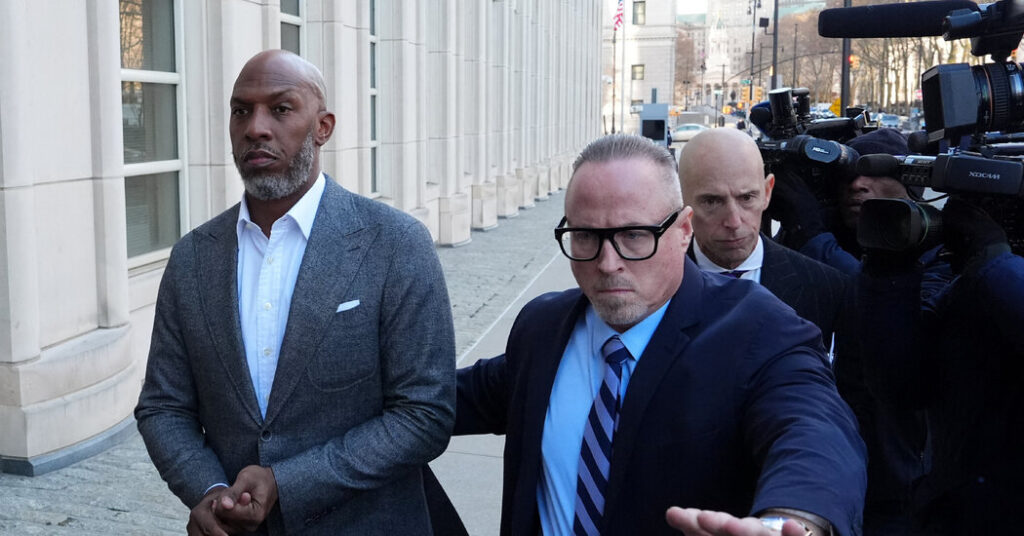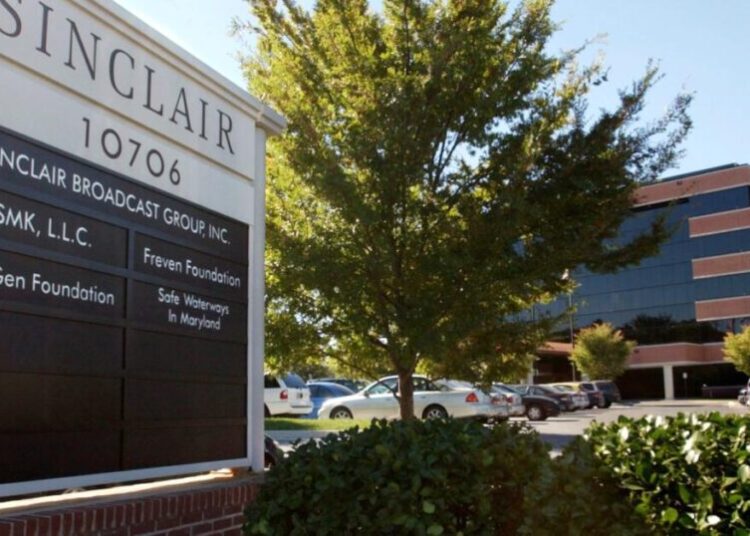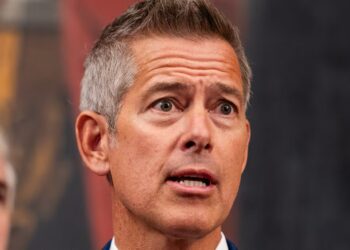Flappy, Albanian Bruce and an N.B.A. head coach walked into federal court on Monday.
As the coach, Chauncey Billups of the Portland Trail Blazers, pleaded not guilty to charges that he had participated in rigged poker games, the Brooklyn courtroom was packed with people — men accused of being mob members, as well as gambling influencers and various hangers-on, some with colorful aliases.
Mr. Billups, 49, responded tersely to questions from Judge Ramon E. Reyes Jr. as his lawyer, Marc Mukasey, entered his plea to charges of wire fraud conspiracy and money laundering conspiracy.
Mr. Billups then sat for the first status conference with his co-defendants — more than two dozen — in which minor procedural issues were addressed. The defendants, mostly men, were flanked by their lawyers in the gallery of a courtroom typically reserved for naturalization ceremonies, featuring a mural depicting immigrants to the United States. It was the only one that could accommodate the crowd.
The coach’s first appearance in Brooklyn came just over a month after he was charged in a sweeping federal indictment that accused him, along with 30 other people, of rigging poker games with sophisticated technology. The games defrauded victims of at least $7 million, prosecutors said.
The case stems from one of three indictments that involve gambling by current and former professional athletes brought by federal prosecutors in the Eastern District of New York in the past month.
Other indictments charged Terry Rozier, an N.B.A. player with the Miami Heat, and Emmanuel Clase and Luis Ortiz, M.L.B. pitchers for the Cleveland Guardians, with tipping off bettors to information about their performance. Those bettors then placed hundreds of thousands of dollars in fraudulent wagers, through so-called prop bets.
Those cases highlight a fundamental tension between professional sports and their connection to gambling in the era of legalized sports betting. But the rigged poker scheme, which prosecutors say was orchestrated by the Bonanno, Gambino, Lucchese and Genovese families, had no connection to legal betting. It was outright swindling, according to prosecutors.
The rigged games began in 2019 and took place in the Greenwich Village and Kips Bay neighborhoods of Manhattan, as well as in Las Vegas, the Hamptons and Miami, according to prosecutors.
The scheme used a rigged shuffling machine that read the deck of cards, predicted which player had the best hand and then sent that information to someone outside the game room, prosecutors said. That person would use a phone to communicate with a player at the poker table, who would tip off the other cheating players with discreet signals.
Celebrities like Mr. Billups, along with Damon Jones, another former N.B.A. player, were “face cards,” who lured victims to the games, prosecutors said. They also took a cut of the winnings from the cheating teams, prosecutors said.
Several of those charged are in plea negotiations, Michael Gibaldi, a federal prosecutor, said in court on Monday.
There was not enough room for each defendant to sit at the front of the courtroom. Three defendants, including Mr. Billups, sat at two separate tables in the front, while the remaining 28 sat in the gallery. One by one, Judge Reyes called out their names.
Because of the sheer number of the accused, prosecutors suggested dividing the defendants into groups for future hearings. Several defense lawyers raised objections to that plan, saying it would harm their ability to fairly represent their clients.
“I can’t guarantee the availability of this courtroom,” Judge Reyes said. He scheduled the next status conference for March, which will again feature nearly three dozen defendants jammed into the courtroom.
Mr. Billups, who led the Detroit Pistons to the 2004 N.B.A. title and was inducted into the Hall of Fame last year, was not charged in the case involving N.B.A. bets. But he appears to be one of the few links between both cases.
The prop bets indictment identifies Co-Conspirator 8 as someone who matches Mr. Billups’s description. Co-Conspirator 8, according to that indictment, informed another defendant, Eric Earnest, of the Trail Blazers’ plans to tank the rest of the season. Gamblers then placed $100,000 on the team’s underperformance, according to the indictment.
Mr. Billups has been on leave from the Trail Blazers since the day he was arrested. Without him, the team has gotten off to a 7-10 start this season.
On Monday, in a separate proceeding after his not-guilty plea, Mr. Billups’s wife and daughter signed a $5 million bond, backed by their property in Colorado.
“No gambling of any kind,” Judge Reyes said, reading out one of the conditions of release.
Santul Nerkar is a Times reporter covering federal courts in Brooklyn.
The post Chauncey Billups, N.B.A. Coach in Gambling Case, Pleads Not Guilty appeared first on New York Times.



